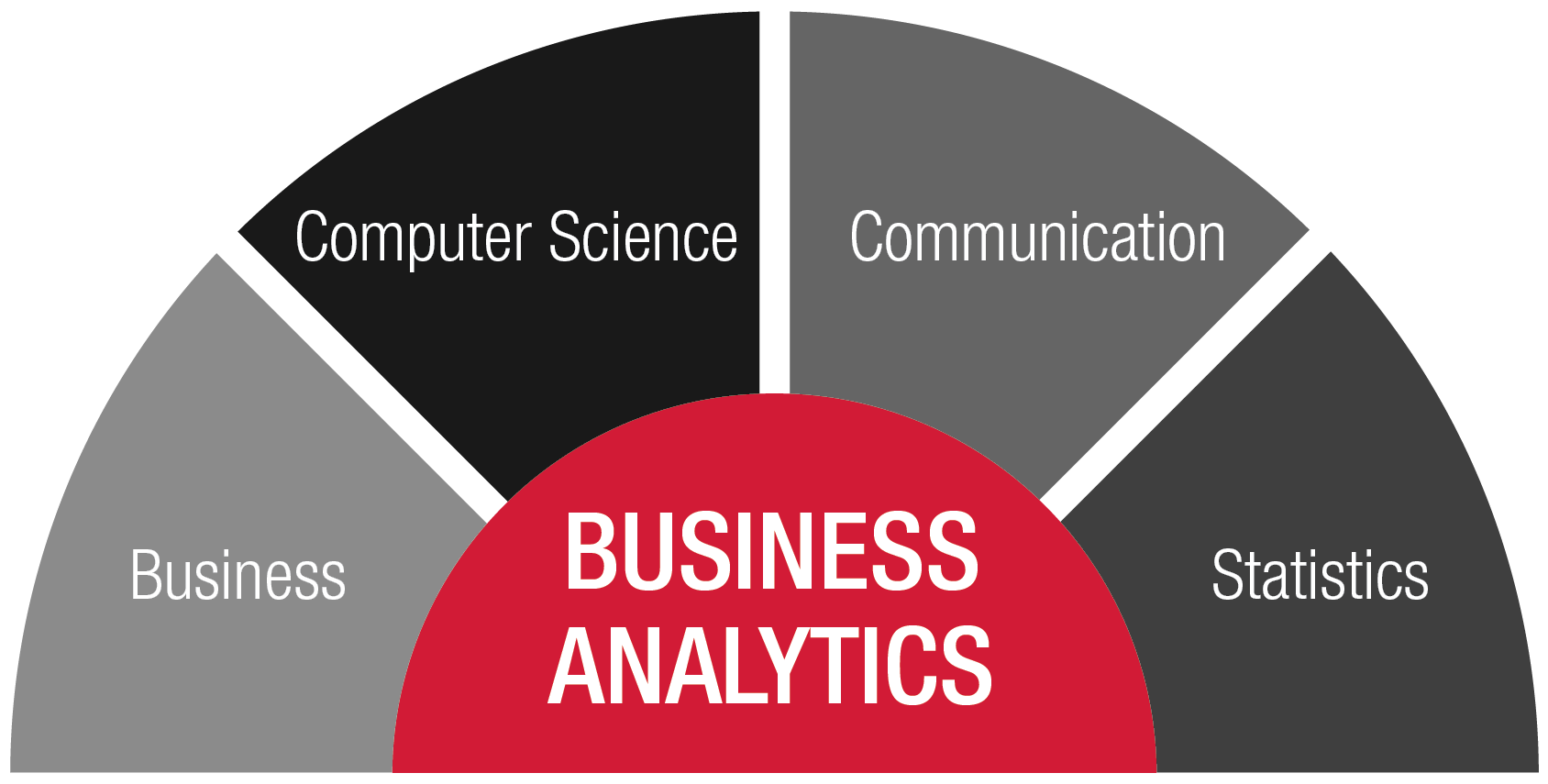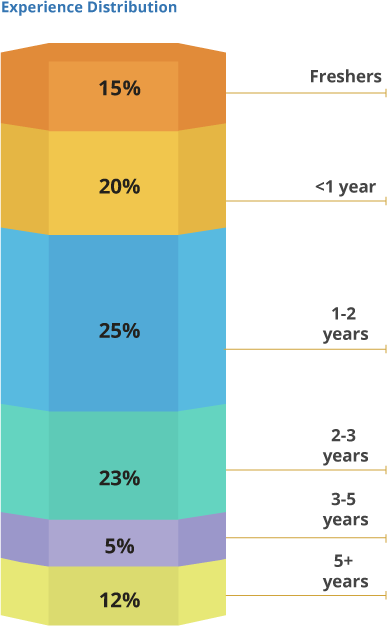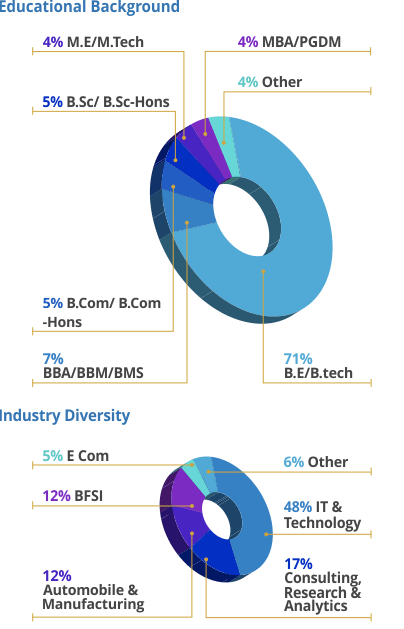Post Graduate in Business Analytics Program (Live Online)

About Course
Master Business Analytics with KAE Education’s Post Graduate Program
In today’s data-driven world, the ability to make informed decisions using data is a highly sought-after skill. KAE Education’s Post Graduate in Business Analytics Program offers a comprehensive and practical approach to learning the techniques and tools that help Businesses thrive through Data Analysis. This program is designed to provide both theoretical knowledge and real-world application, ensuring that you are well-prepared to meet the demands of the Modern Business Landscape.
Why Study Business Analytics?
Business Analytics involves turning vast amounts of data into meaningful insights, allowing companies to make smarter, data-driven decisions. This skill is increasingly essential in Industries such as Finance, Retail, Healthcare, and Telecommunications. KAE Education’s program equips you with these critical abilities, giving you a competitive edge in the job market.
Program Highlights
- Introduction to Business Analytics: Learn how Business Analytics supports decision-making and strategic planning in today’s fast-paced Business environment.
- Data Collection and Cleaning: Master methods for collecting and cleaning data, ensuring that you work with reliable, high-quality information.
- Statistical Analysis and Modeling: Build a strong foundation in statistical techniques and predictive modeling, enabling you to analyze trends and make accurate forecasts.
- Data Visualization: Use powerful tools like Tableau, Power BI, and Excel to create impactful visualizations that make complex data easy to understand.
- Machine Learning: Explore Machine Learning algorithms, both supervised and unsupervised, and learn how they are applied in Business Analytics.
- Big Data Technologies: Dive into big data platforms like Hadoop, Spark, and NoSQL databases to manage and analyze large datasets.
- Capstone Project: Apply your knowledge to solve a real-world Business problem, showcasing your ability to drive Business value through analytics.

Benefits of Enrolling in the Program
- Expert Faculty: Learn from seasoned professionals who bring real-world insights into the classroom.
- Hands-on Learning: Engage in practical exercises, case studies, and a capstone project to develop a deep understanding of Business Analytics.
- Comprehensive Curriculum: Gain expertise in every facet of Business Analytics, from data collection to advanced statistical analysis and Machine Learning.
- Career Support: Receive assistance with Job placement, Resume building, and Interview preparation to help you succeed in the competitive job market.
8-in-1 Learning Excellence with KAE Education

Students Profile

Sample Certificate

Career Opportunities:
Upon completing the Post Graduate in Business Analytics Program, you will be well-equipped to pursue various high-demand roles, including:
- Business Analyst: Help companies make data-driven decisions and optimize performance.
- Data Analyst: Process and analyze data to uncover valuable insights.
- Data Scientist: Use advanced analytics and machine learning techniques to solve complex Business challenges.
- Business Intelligence Analyst: Create visual reports and dashboards that support Business decision-making.
Industry Applications:
Graduates from this program will find opportunities across Multiple Industries, including:
- Retail & E-commerce: Optimize inventory and personalize customer experiences through analytics.
- Healthcare: Use data to improve patient care and reduce costs.
- Finance: Use data to inform investment plans, risk management, and fraud detection.
Business Analytics on Wikipedia
Conclusion
KAE Education’s Post Graduate in Business Analytics Program is your gateway to a successful career in one of the fastest-growing fields today. By combining theoretical knowledge with practical application, this program will prepare you to make a significant impact in any Industry. Whether you are just starting or looking to advance your career, this program will give you the tools you need to excel. With the growing demand for data-savvy professionals, now is the perfect time to invest in your future and harness the power of Business Analytics.
Post Graduate Business Analytics Course related Blog Links are Here! Click on that course and know everything about that course and also read the course related to Data Science thoroughly & if you need any information related to the course , then call us.
Course Content
Module 1: Foundations of Business Analytics
-
1.1 Introduction to Business Analytics
-
1.2 Statistical Foundations
-
1.3 Basics of Data Management

